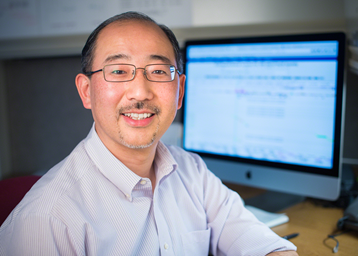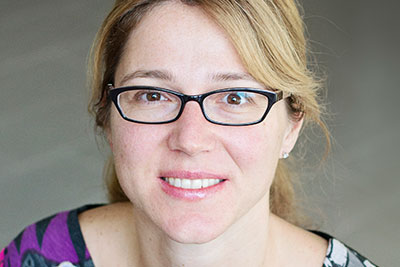Biostatistics
What is biostatistics?
Biostatistics applies statistical reasoning and methods to health-related fields including public and population health, medicine and biological sciences. As one of the core disciplines of public health, it is concerned with quantitative aspects of health science research, covering its design, conduct, analysis and interpretation.
Biostatistical methods are used for a wide range of public health activities, such as assessing etiological hypotheses of diseases and injuries, evaluating effectiveness of intervention programs/policies/trials and monitoring and detecting health trends of population.
What are we doing in the area of biostatistics?
Biostatistics faculty members are engaged in the development and application of biostatistical methods for a wide range of health science research, as well as the teaching of them. Methodological developments we pursue are always motivated by, and carried out through collaborations with researchers in public health, medicine, biology and other health-related fields.
Students interested in biostatistics can be enrolled in the following programs: master of public health (MPH), master of science (MSc) in epidemiology and the doctor of philosophy (PhD) in epidemiology or public health.
Our methodological research is usually funded through Canadian Institutes of Health Research and other governmental funding agencies. In addition to methodological developments, each biostatistics faculty member is highly active in collaborative interdisciplinary research with researchers and governments locally, nationally and internationally.
What is the focus of our research?
Our current research activities include:
- epidemiological studies based on analysis of complex survey data
- modelling gene-environment/gene-treatment interactions
- developing new/improved epidemiologic methods
- prediction modeling of health events at population and individual levels for personalized patient counseling, health system resource management and health services planning
- creating artificial intelligence solutions to improve cancer surveillance system
- statistical learning from high-dimensional biological data in genetics, genomics, proteomics and metabolomics

Professor Yasui's research addresses quantitative scientific questions in the intersection of clinical, biological, and population sciences, through collaboratively developing and applying innovative study designs and analytic methods, particularly focused on cohort studies on survivors of childhood cancer (Childhood Cancer Survivor Study and St. Jude Lifetime Cohort). He studies genetic contributions to "Late Effects" of cancer and its therapy after childhood cancer patients survive 5 years post diagnosis. In the 1950s in North America and many countries around the world today, the 5-year survival rate was/is below 30% for childhood cancer patients: today it is over 85% in North America. Survivors of childhood cancer are, therefore, an emerging population who face a variety of "Late Effects" risks due to the very therapy that cured their cancers.



